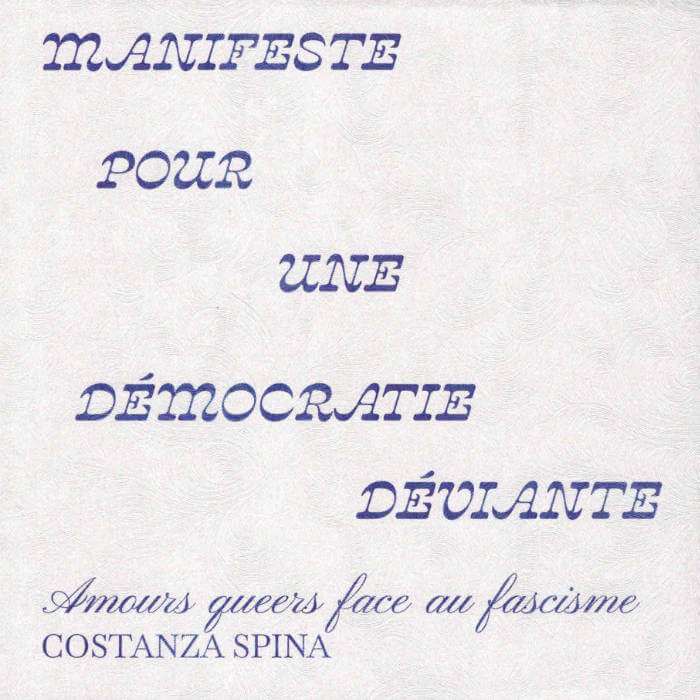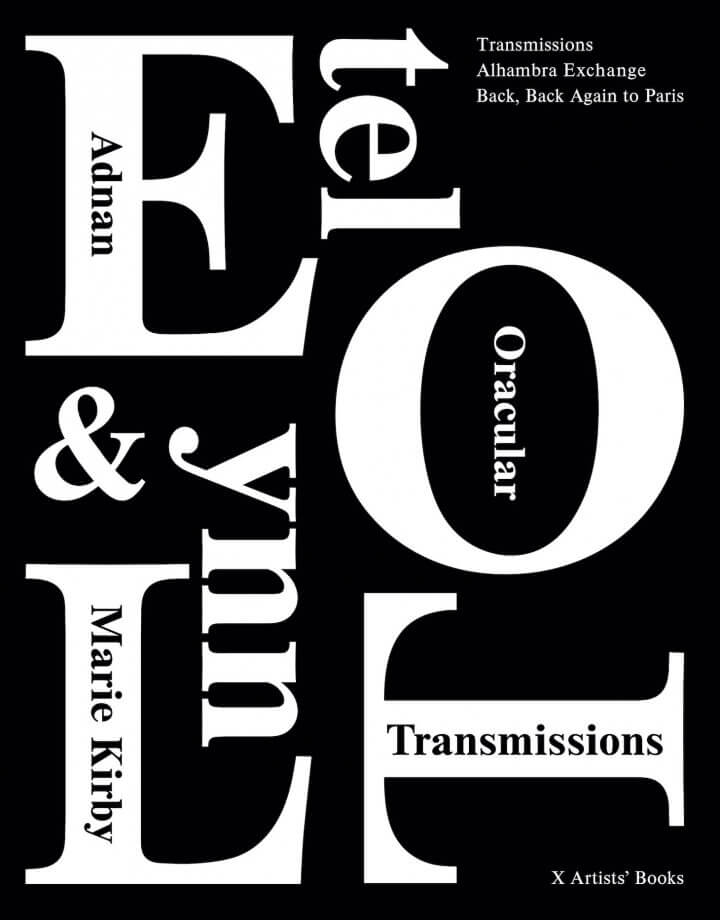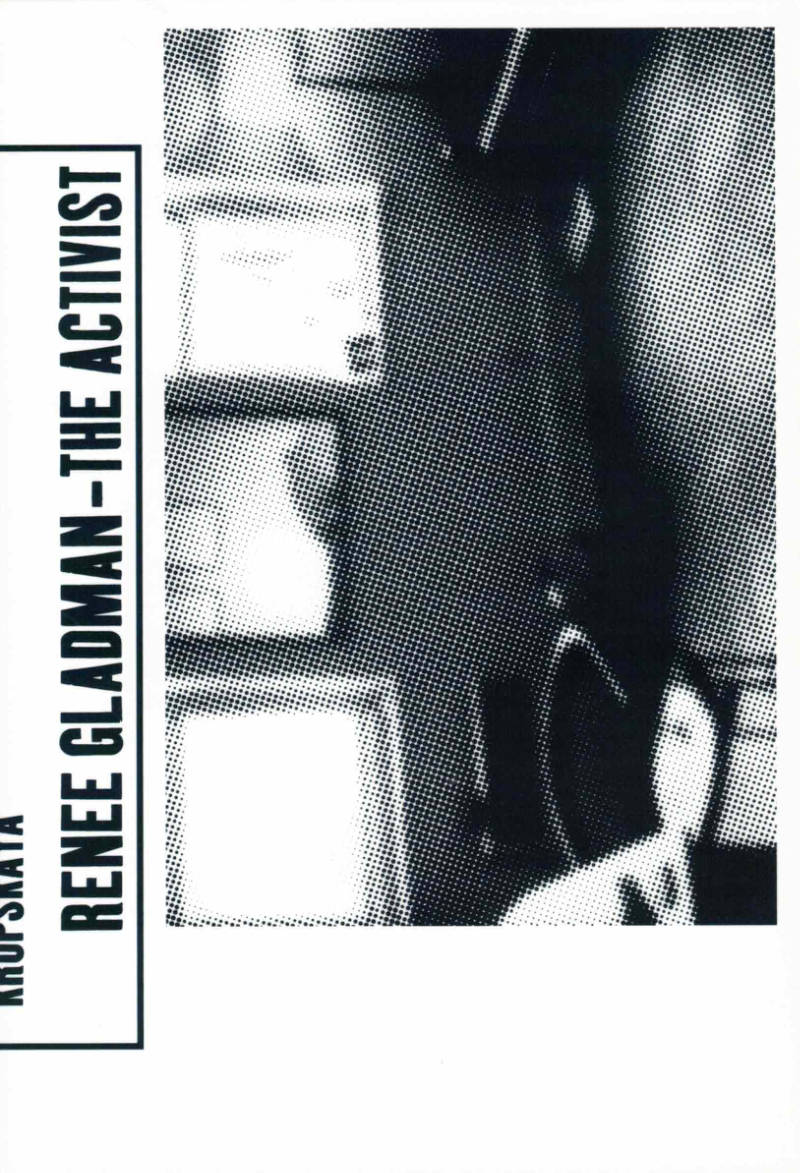
MANIFESTE POUR UNE DÉMOCRATIE DÉVIANTE - AMOURS QUEERS FACE AU FASCISME
Là où le fascisme estime que seules certaines vies sont dignes d’être vécues, la pensée queer et féministe nous enseigne que toutes les vies comptent. Dans cet essai politique incarné et sensible, Costanza Spina démontre que les démocraties capitalistes n’ont jamais réellement repensé leur filiation avec les régimes autoritaires, et comment les « déviant·es » dans l’ombre de systèmes productivistes et violents ont appris à s’aimer, à prendre soin, à rendre justice autrement. Donnant des pistes à la fois théoriques et pratiques pour faire face au fascisme, Costanza Spina théorise la révolution romantique queer comme une lutte radicale, et met au défi de se réinventer par les imaginaires révolutionnaires de l’amour.
« Ce livre s’adresse à celles et ceux qui ne regardent pas les ruines avec rage et nostalgie, mais comme de sublimes terrains de fantaisies et de récits magiques, où se rencontrent monstres et guerrier·ère·s, dieux et déesses gardien·ne·s de mystères obsédants. »
Language: French



